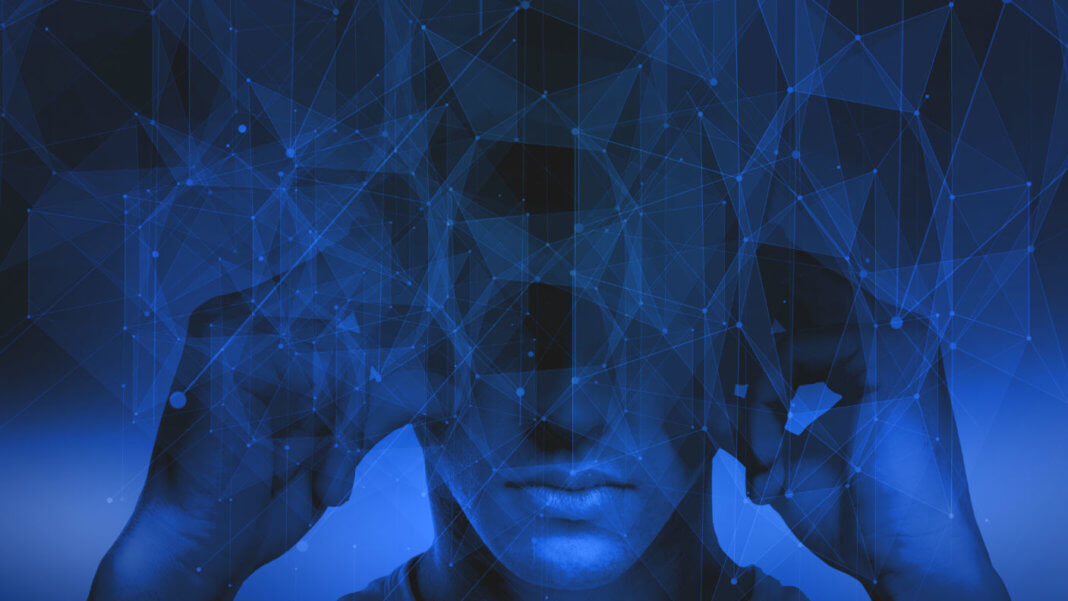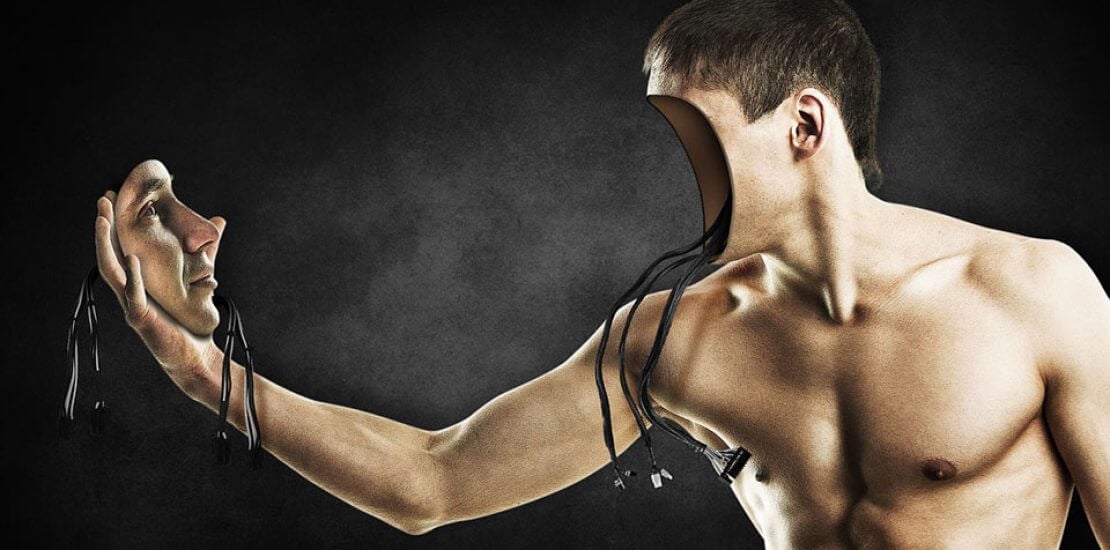- Get link
- X
- Other Apps

One of the most exciting and at the same time frightening outcomes of technological progress is the possibility of merging our consciousness with machines. If this can be achieved, our cognitive abilities will be greatly enhanced. But more importantly, however, it is that new people will emerge, emotionally, spiritually and consciously very different from us. When this happens, we can not even imagine how our experience of life will change.
Technologies of neurocomputer interfaces are already being actively developed by scientists around the world. While they are in an embryonic state and relatively rough, but the area is developing rapidly and, according to some, will develop faster than expected. Futurist Ray Kurzweil predicts that by 2030 we will be able to connect our brains to the Internet with the help of nanorobots that will "ensure a complete immersion in virtual reality at the level of the nervous system, providing direct communication of the brain with another brain via the Internet, and this will vastly expand the boundaries of human intellect ". Even if we achieve ten times less, it will be serious.
How will people change when they merge with cars into one? How will our perception of ourselves, our self-depreciation, subjective experience or the illusion of our own "I" change?
It is very difficult to give a definition of consciousness, but the general definition covers many of our most fundamental abilities, such as wakefulness, self-awareness, meta-knowledge and a sense of presence. In addition, consciousness is a spectrum of awareness, which is manifested in different ways in animals and species. Even people feel this world and themselves differently.
From psychedelic experience to meditation, there are many tools that we use to change and elevate our conscious experiences, both temporary and permanent. These tools are said to reveal life in full colors, give a sense of beauty, love, inner tranquility and transcendence. These tools, in principle, are easy to learn and relatively non-invasive.
With this in mind, let's consider what consequences for our "I" may entail the development of neurocomputer interfaces?
Man + machine =?
At the most basic level, we are now seeing the heyday of "mind hackers" that use methods such as non-invasive brain stimulation with EEG, nutrition, virtual reality and ecstatic experience to achieve a heightened sense of self-awareness and elevation. The economy of altered states of consciousness is estimated at a trillion dollars, and innovators and mentors "sort out rare and controversial states of consciousness for solving critical tasks and circumvention of competitors." In addition to increased efficiency, these altered states of consciousness reveal our inner potential and enable us to see a completely different state of being.
Expanding consciousness by strengthening consciousness and brain implants will one day change us as a species. Now scientists are working on a number of both simple and non-invasive neurotechnologies such as EEG with the use of electrodes, and complex and invasive methods such as optogenetics, where neurons are genetically reprogrammed to respond to flashes of light. We were able to connect the two brains via the Internet, allowing two people to exchange thoughts. Last year Ilon Mask introduced Neuralink , a company whose ultimate goal is the fusion of human consciousness with artificial intelligence with the help of "neural lace".
Many technologists predict that one day we will merge with machines and, perhaps, we can load our consciousness into the cloud. Neuroscientist Kenneth Hayworth argues that "all modern neurobiological models are inherently fundamentally computable, and therefore support the theoretical possibility of loading consciousness." This can include connecting with other brains through digital networks or even loading consciousness into quantum computers that can be in different states at a certain time. "
In his book Developing Yourself, Juan Enriquez and Steve Gullance describe a world in which evolution will no longer be a natural process, but will obey the human choice. They call this unnatural selection and a non-random mutation. With the development of genetic engineering, we can accelerate evolution.
What will it be like to merge people and cars?
We can try to predict the impact of these technologies on society, but we can only guess how they will be perceived subjectively.
It is difficult to imagine, for example, what will be our stream of consciousness, when we think 1000 times faster, or how brain implants with artificial intelligence will affect our ability to love and hate. What will the illusion of "I" be, when our consciousness will directly connect to the Internet? In general, what influence the process of merging with technology will have on the subjective experience of the human being.

Evolution of consciousness
Thomas Lombardo asks the question: "We are rather a journey than a destination, a chapter in the evolutionary saga, and not its culmination. There will certainly be diversification of the types and types of conscious minds. It is also very likely that new psychological abilities, incomprehensible to us, will appear. "
People are known for their fear of the unknown. Any person who has never experienced altered consciousness, be it spiritual or psychedelic, it is difficult to understand the subjective experience of such a state. That is why the first entry into the altered state of consciousness is often called "awakening."
Similarly, exponential neurotechnologies represent the potential of a higher state of consciousness and a whole series of subjective experiences, which in our present state can not be imagined and transmitted.
Our ability to think and feel is limited by the boundaries of our biological brain. To transform and expand these boundaries, it is necessary to transform and expand, first of all, the conscious experience of man. The development of neurotechnologies can give our kind the necessary awakening.
- Get link
- X
- Other Apps
Comments
Post a Comment